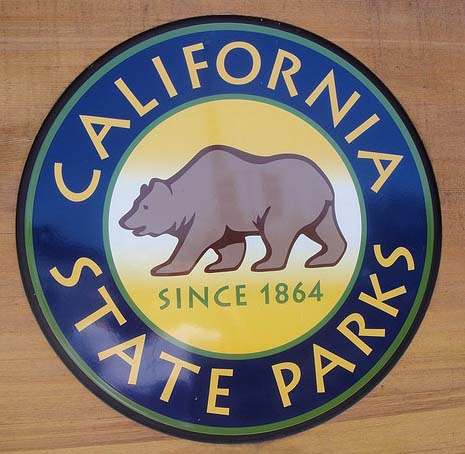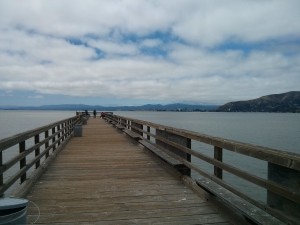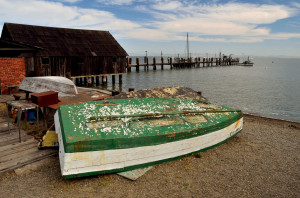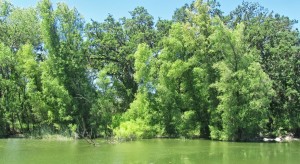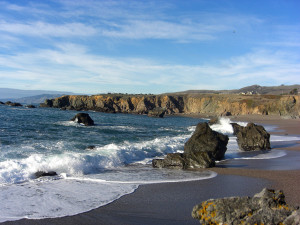It’s certainly not hard to apply words like “outrageous” and “appalling” to the current scandal surrounding $54 million dollars in funding for state parks that had gone unspent and undiscovered for over ten years.
But it’s not going to do our beleagured parks any good to engage in overheated rhetoric about corrupt and incompetent government bureaucrats.
It’s true that $54 million would more than cover two years of the funding that Governor Jerry Brown was proposing to cut from the State Park’s general fund budget. But it doesn’t come close to resolving an ongoing budget shortfall for the parks, to say nothing of the $1.3 billion in deferred maintenance, accumulated over more than a decade of declining park budgets. So I would ask everyone involved to keep that overarching fact in mind as we try to find out what went wrong and who was responsible for it.
Here are several comments and questions I’d like to throw out for consideration:
1. The largest portion of the unspent funds ($33.5 million) was from the Off-Highway Vehicle Trust Fund. It is my understanding that those funds are reserved for spending on State Vehicle Recreation Areas—those properties set aside by the state for the people who like to drive high-powered, noise-generating, wildlife-scattering motorcycles, dune buggies, etc. over formerly natural areas. It is also my understanding that this account generally operates at a surplus, but that the stakeholders of these parks (including the manufacturers of “recreational” vehicles and assorted user groups) have resisted most attempts to release some of these funds for the benefit of less-vehicularly-oriented parks.
2. Take away the Off Highway Vehicle Trust Fund dollars, and we’re left with some $20.5 million. Which would have been almost, but not quite, enough to stave off the crisis for one year. But remember, the governor’s tax plan on the November ballot (which is supposedly now in trouble due to this hidden funds mess) doesn’t include any funding for state parks. It would just provide funding for education and public safety, and hopefully thereby reduce pressure for any additional funding cuts for state parks.
3. I.e., there is nothing currently on the horizon that would restore, not to mention increase, former insufficient levels of general fund support for state parks. On the contrary, the defeat of Brown’s tax measure would almost certainly lead to deeper cuts. In which case, that $54 million (or $20 million) would sure come in handy. But not for long.
4. It doesn’t appear that we’re looking at corruption in the usual sense here, as there have been no allegations that anyone profited from these unspent funds.
5. So the big mystery is, why? Who benefitted from sitting on this money? What motive was there for NOT spending it? It’s almost as if the department had squirreled away a “rainy day fund” but then forgot about it when the actual downpour hit.
6. I certainly believe just-resigned director of State Parks when she says that she didn’t know about these funds. But that points to a department steeped in an opaque and entrenched bureaucratic culture, the same sort of culture that produced the list of 70 parks to be closed and then failed to be transparent about the selection criteria used. If this current scandal can lead to a cultural change at the department, then perhaps it will ultimately have been a positive thing, though admittedly it’s difficult now to see the end of this particular tunnel.
7. And finally, to all of those who were motivated by the funding crisis to get involved and get active on behalf of your state parks, I would say that your efforts have not been wasted. The recent outpouring of grassroots support points the way to a more participatory and transparent relationship between the state parks and the public they serve. We, the people, now have an even greater stake in the parks we have paid for twice over (first through taxes, then through donations), and we certainly have the right to look over the shoulders of those hired to manage our collective property.
David Loeb is the executive director of the Bay Nature Institute and publisher of Bay Nature Magazine.

